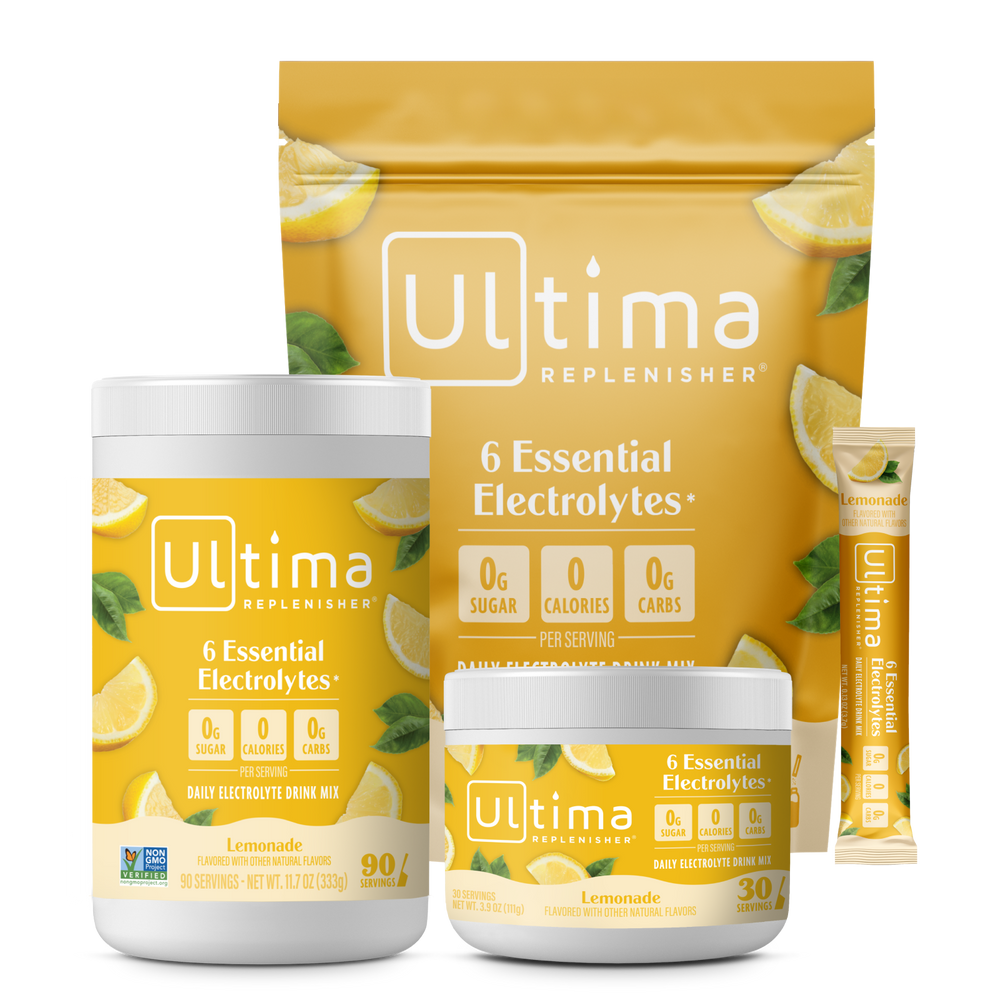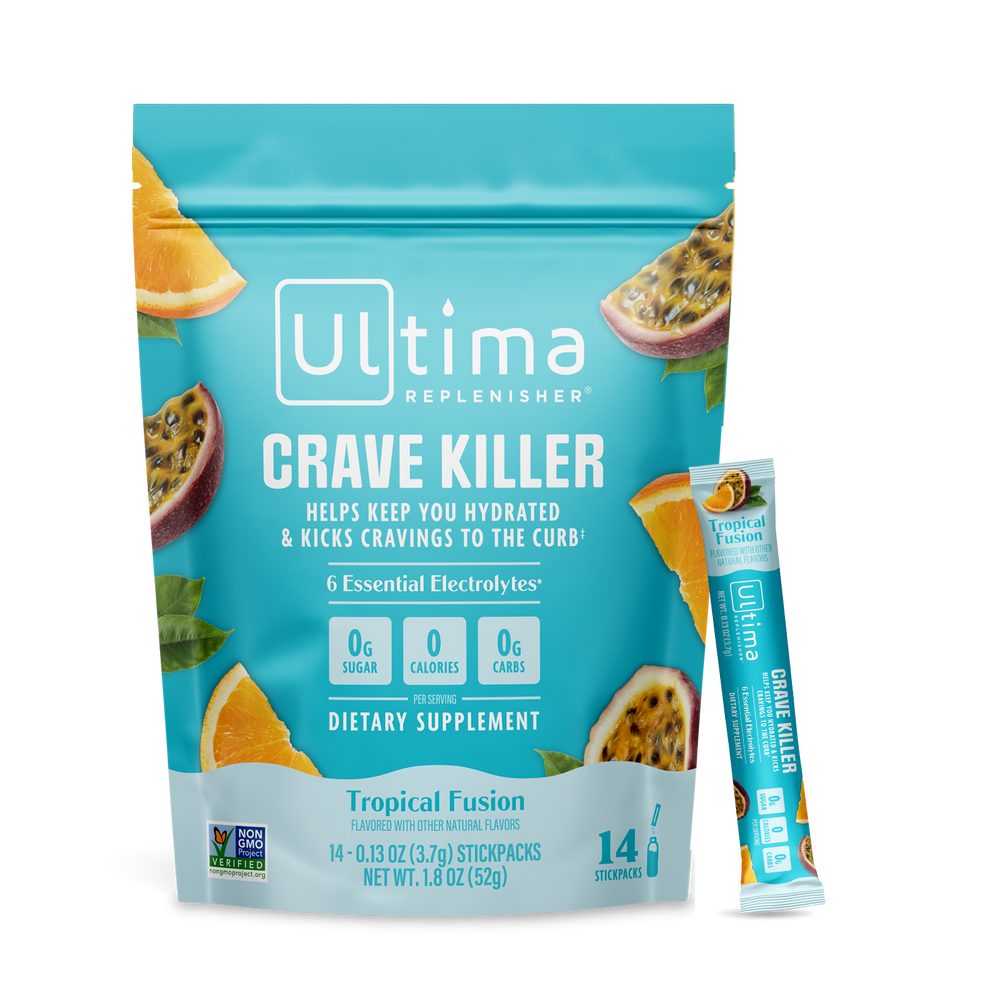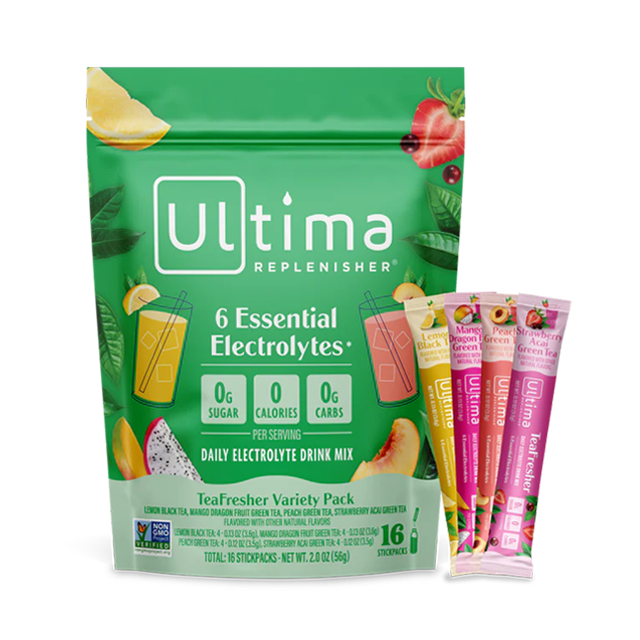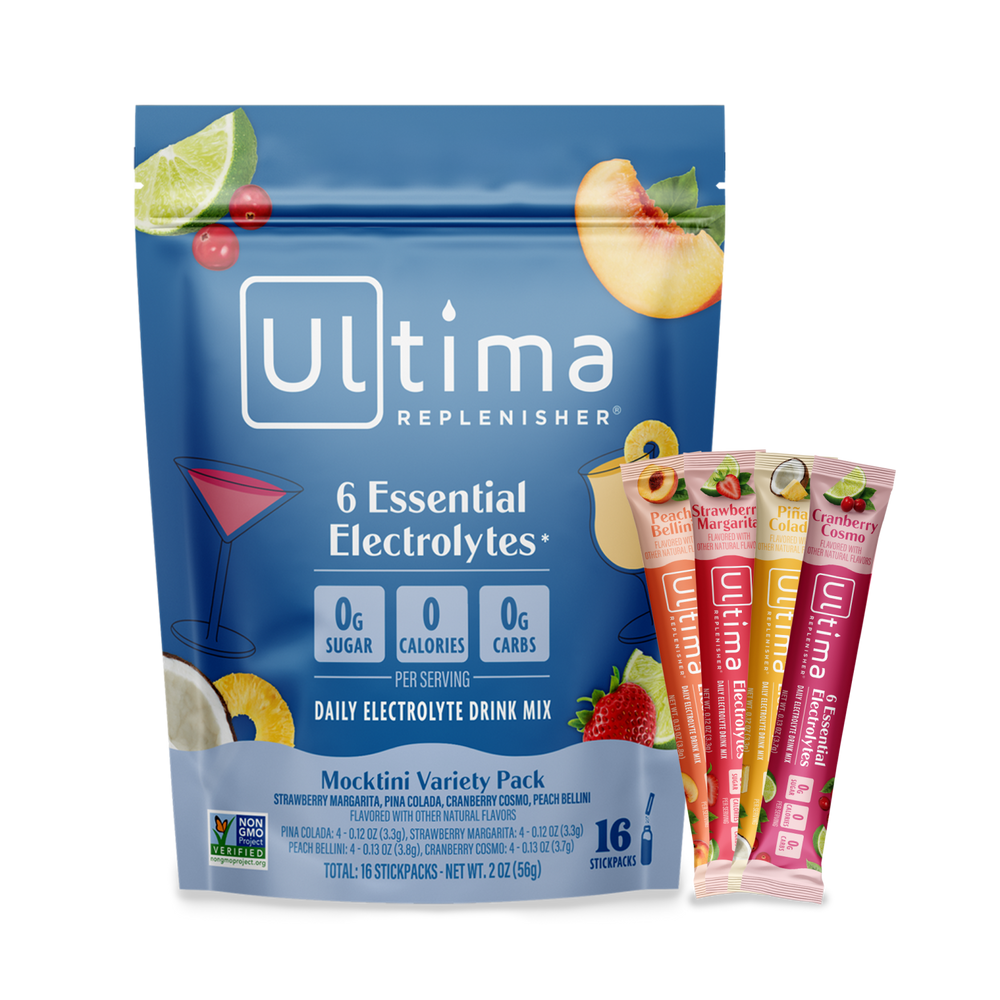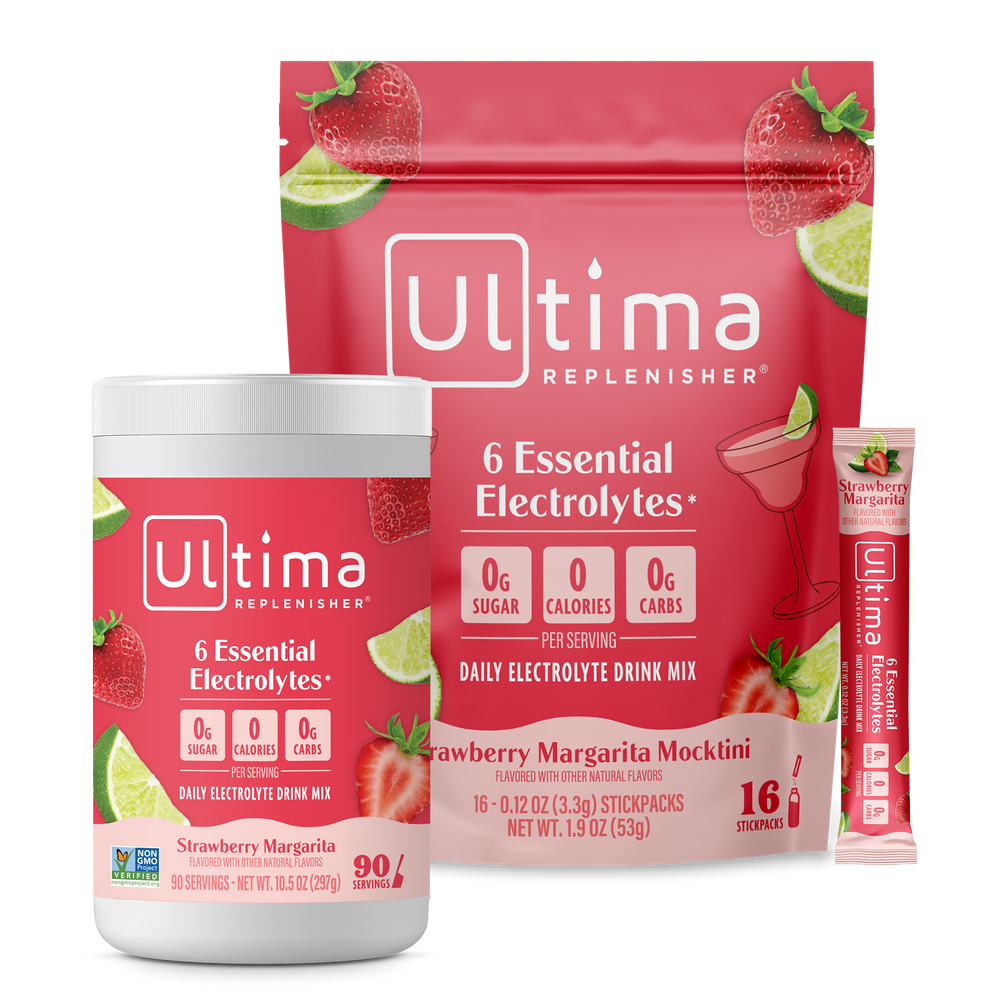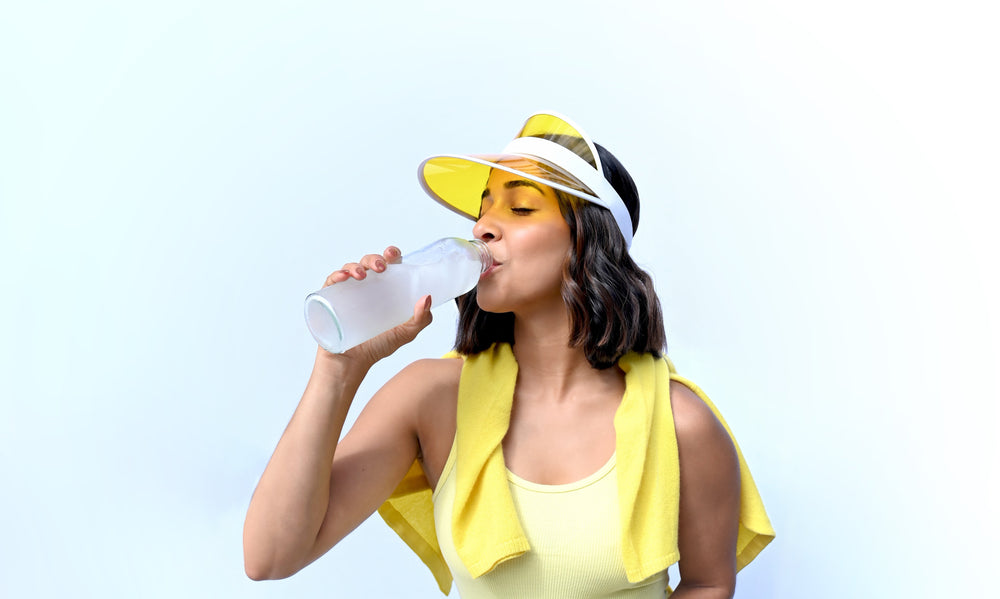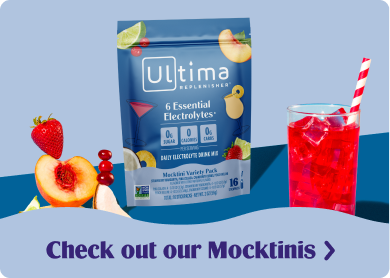
What Do Electrolytes Do?
What Do Electrolytes Do: Their Importance,Functions, and More
If you’re physically active, you must’ve already come across the term electrolytes. But what exactly are they, and why do you need to know about them?
Electrolytes are naturally charged particles that also happen to be essential minerals that support vital bodily functions. Some of the electrolytes we need include sodium, potassium, calcium, bicarbonate, magnesium, chloride, and phosphate.
You can get electrolytes from vegetables and fruits, particularly those with high water content. However, there are times when you’ll need to supplement to replenish lost electrolytes quickly.
What Do Electrolytes Do?
Each kind of electrolyte is responsible for different functions, such as:1. Keep You Hydrated
Our bodies are primarily composed of water, with estimates of up to 60% depending on your biological sex. It goes without saying that water fuels us, which is why being adequately hydrated is important to maintain normal bodily functions.
While you need water to stay hydrated throughout the day, it cannot provide you with the nutrients that keep you energized. This is where electrolytes step in.
Through osmosis, electrolytes maintain the balance between fluids in your body. In this process, water with lower electrolytes passes through the semi-permeable cell membrane toward a section of high electrolyte concentration.
Without sufficient electrolytes, osmosis cannot happen. For this reason, electrolytes are vital in keeping your cells hydrated.
2. Balance Blood Pressure and pH Levels
On a pH scale, human blood is supposed to have anywhere between 7.35 to 7.45. Any deviation can make you ill. Because electrolytes balance your body’s water content, it also keeps your acid-base level in check. The electrolyte bicarbonate (base) is necessary to balance out the blood’s carbon dioxide (acid).
Meanwhile, the electrolytes potassium and sodium help maintain blood and fluid
volume. An imbalance in these electrolytes can lead to blood pressure discrepancies.
For instance, insufficient potassium combined with too much sodium can cause
hypertension. Furthermore, magnesium has been found to be effective in lowering blood pressure, as it acts as a natural calcium channel blocker.
3. Support Muscle Contraction
We know calcium is essential in building bone strength, but did you know it also aids in maintaining healthy muscle contractions? Yes, including heart contractions. Magnesium also helps muscles relax after contraction.
4. Help in Tissue Regeneration
When tissues get damaged, they need certain nutrients to rebuild, including electrolytes. Hydration is also a vital factor in wound healing. The body’s fluids carry the nutrients required for tissue regeneration and transport waste products away from the wound site. Furthermore, dehydration increases the likelihood of pressure ulcer development.
What Does Electrolyte Imbalance Do?
Now that you know the answer to the question, “What do electrolytes do?” you already have an idea that an electrolyte deficiency or imbalance can adversely affect your body’s daily functioning. Dehydration is the most noticeable sign that your body is not getting enough electrolytes.
Electrolyte deficiency occurs when your body gets fewer electrolytes than it expends.This usually happens when you perform strenuous physical activities and don’t replenish your fluids right away. You can also rapidly lose electrolytes due to sickness, excessive vomiting, diarrhea, and exposure to heat for too long.
However, too many electrolytes in your blood is not good either. While this case is rarer than a deficiency, it can still occur. For instance, it is common to have excessive sodium due to high-salt diets. Too much sodium intake is associated with water retention, high blood pressure, heart problems, and kidney failure.
An electrolyte imbalance can cause the following:
● Fatigue
● Overheating
● Headaches
● Dizziness
● Confusion
When you experience these symptoms, it’s important to replenish electrolytes as soon as possible.
How to Replenish Electrolytes?
There are a lot of natural foods and drinks that can help replenish lost electrolytes in your body. Some of these are:
● Fruits like watermelon, strawberries, cantaloupe, grapes, grapefruit, tomatoes, oranges, sweet lime, and bananas are full of electrolytes and other vitamins and nutrients.
● Plant-based milk is rich in calcium and helps hydrate the body. Unlike regular milk, it won’t slow down your fluid replacement process.
● Electrolyte-infused drinks and powder mixes can provide a quick, instant boost of electrolytes. However, many of them also contain high amounts of calories and sugar. If you need to replenish your electrolytes quickly without the added sugar, try Ultima Replenisher electrolyte drink mix. It contains no added sugar, calories, or artificial sweetener.
Replenishing Electrolytes: An Important Key to Daily Hydration
The term electrolytes is widely thrown around, but only a few people know what they are and what they do for our bodies. Consider yourself lucky because now that you’re informed, you can start taking electrolyte replenishment seriously. Ultima Electrolyte Hydration Powder offers a quick and convenient way to maintain electrolyte balance. Just mix it with water or other drinks, and you can instantly get your dose of electrolytes whenever you need it, without worrying about added sugar or calories!
